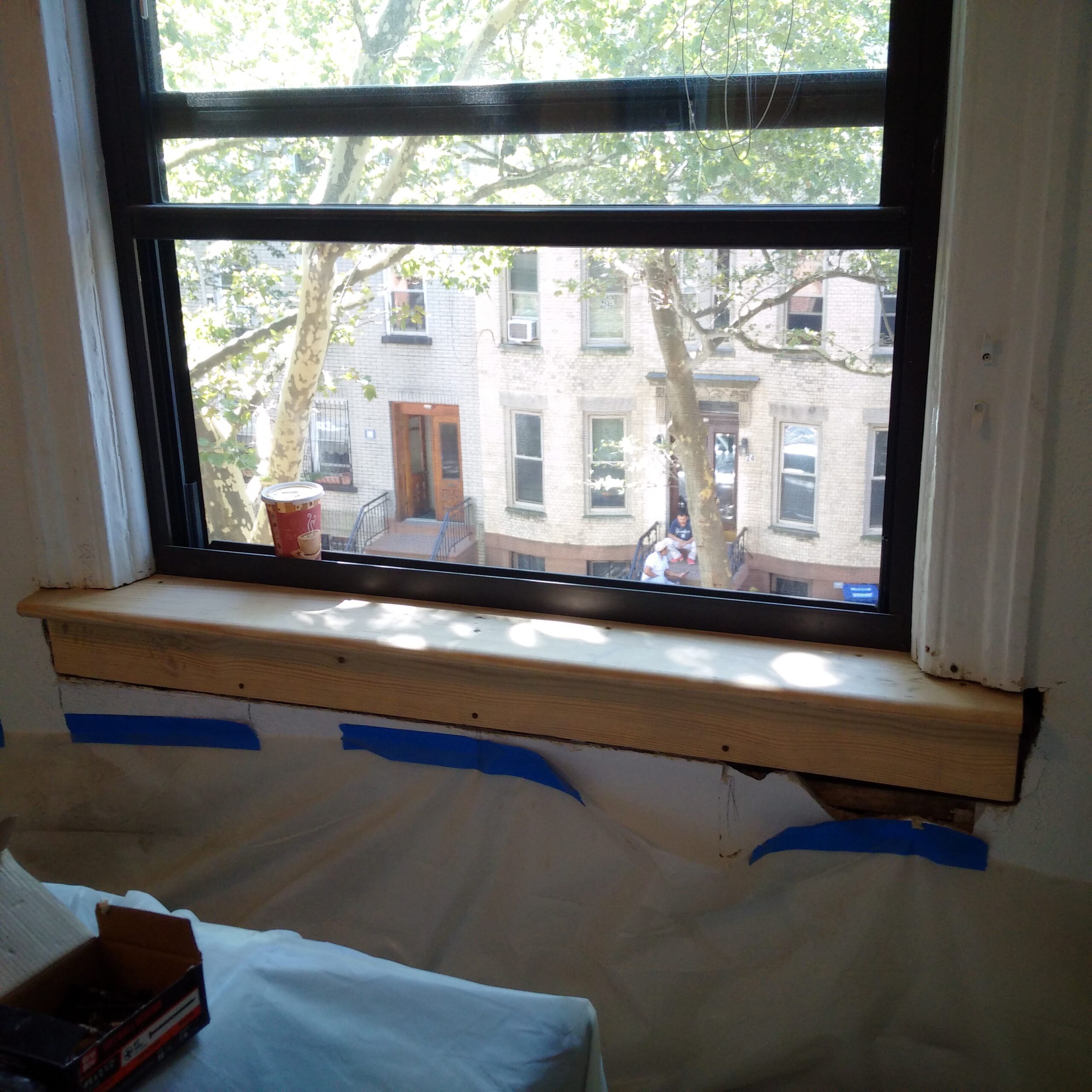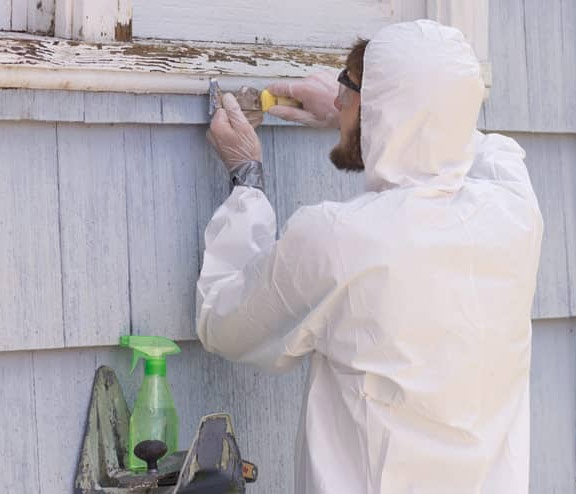NYC Lead Paint Removal Company-- Ensuring Safe and Lawful Conformity
Comprehensive Overview on Effective Lead Infraction Removal Methods
In the world of ecological safety and security, resolving lead offenses requires a careful and structured method. This detailed overview begins by highlighting the crucial first actions of recognizing lead threats via advanced evaluation and screening methods. The guide specifies on the relevance of sticking to rigid safety and security methods throughout the removal process, including the usage of correct PPE and separating affected locations.
Recognizing Lead Risks
Determining lead dangers is a crucial initial step in mitigating the risks linked with lead direct exposure. Lead, a hazardous metal, can be existing in numerous ecological mediums, including paint, soil, water, and dust.
The initial phase in determining lead dangers includes recognizing usual lead resources within the built setting. Structures developed before 1978 are particularly vulnerable because of the common use lead-based paint during that period. Additionally, soil contamination can occur from weakening exterior paint, industrial emissions, or historical use leaded fuel.
An additional substantial resource is lead piping and pipes components, which can seep lead right into alcohol consumption water. Customer products such as playthings, porcelains, and imported items might additionally contain dangerous lead degrees. Especially, work atmospheres and pastimes entailing lead can track contaminants into homes.
Assessment and Testing
When dealing with lead hazards, reliable evaluation and testing are paramount. First evaluation typically involves an aesthetic examination to recognize possible lead resources, such as degrading paint or polluted dirt.

Dirt clean sampling is an additional crucial strategy, particularly in household settings. By gathering examples from floors, windowsills, and various other surfaces, this technique gives insights right into possible exposure threats. Additionally, dirt testing around structure borders is vital to identify lead contamination that could pose risks, particularly to kids.
Safe Removal Procedures
Upon completing extensive evaluation and screening, carrying out risk-free elimination treatments is the following important stage in resolving lead threats. This procedure makes sure that lead-contaminated products are successfully and securely eliminated, reducing danger to both employees and homeowners. The initial action involves isolating the affected area utilizing plastic sheeting and proper sealing strategies to stop the spread of lead dirt.
Workers should don suitable personal protective devices (PPE), consisting of respirators, handwear covers, and disposable coveralls, to alleviate exposure. Utilizing specialized tools and wet techniques, such as damp fining sand or making use of HEPA-filtered vacuum cleaners, decreases the diffusion of lead particles. It is essential to avoid completely dry sanding or abrasive blowing up, as these techniques can generate hazardous lead dirt.
Garbage disposal is another vital element; all polluted materials have to be safely bagged and classified according to EPA and regional policies. In addition, thorough cleansing of the workspace with HEPA vacuums and damp reference wiping ensures the elimination of look at this site residual lead fragments.
Post-Removal Confirmation

Confirmation of successful lead elimination, understood as post-removal confirmation, is critical to ensure the security and habitability of the remediated area. This procedure includes a series of thorough evaluations and examinations developed to identify any recurring lead fragments that may present health dangers. The first action generally consists of an aesthetic inspection to evaluate the conclusion and top quality of the remediation work. This examination ensures that all recognized resources of lead have actually been addressed and that no noticeable signs of contamination stay.
Complying with the aesthetic evaluation, environmental tasting is performed. This involves gathering dirt, dirt, and occasionally water samples from the remediated location. Recognized labs examine these examples to determine lead levels, guaranteeing they drop listed below the security thresholds established by governing bodies such as the Epa (EPA)
Additionally, air high quality testing may be performed to spot airborne lead fragments, particularly in situations where comprehensive lead-based paint removal or renovation has taken place. The outcomes of these tests provide quantitative information validating that the lead degrees are within allowable limitations.
Ultimately, post-removal confirmation acts as a critical checkpoint, confirming the efficiency of the lead abatement initiatives and guarding the health and wellness of residents and visitors.
Preventative Procedures and Maintenance

An essential preventive procedure consists continue reading this of using lead-safe accredited professionals for any improvement, repair, or paint activities. These professionals are learnt techniques that decrease lead dust and particles. In addition, preserving coloured surfaces to stay clear of chipping or peeling off is necessary, as weakening paint can release lead bits into the atmosphere.
Educational initiatives targeting residential or commercial property owners and lessees pertaining to the threats of lead and the value of reporting any kind of potential risks can better improve preventative efforts. Regular cleaning making use of HEPA vacuum cleaners and wet wiping methods can significantly decrease lead dirt buildup.
Verdict
In summary, efficient lead infraction removal requires a precise technique including detailed assessment, specific screening, and rigid elimination treatments. Continuous assessments and upkeep are vital to reduce future lead threats, therefore securing public health and wellness and guaranteeing sustained compliance with regulatory requirements.